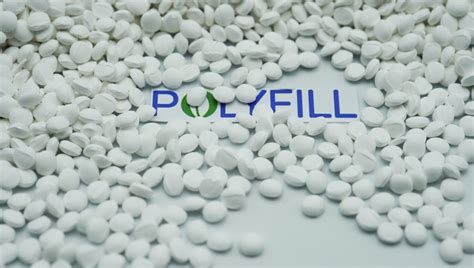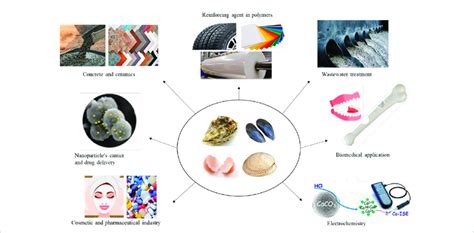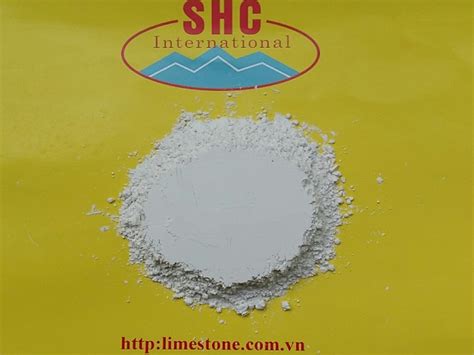Calcium carbonate, a mineral compound composed of calcium, carbon, and oxygen, has been a cornerstone in various industries due to its unique properties and versatility. With a chemical formula of CaCO3, it is one of the most commonly found compounds in nature, appearing in rocks such as limestone and marble. The application of calcium carbonate spans a wide range of fields, from construction and manufacturing to healthcare and environmental conservation. This article delves into the multifaceted uses of calcium carbonate, exploring its significance, benefits, and the impact it has on our daily lives.
Industrial Applications of Calcium Carbonate

In the industrial sector, calcium carbonate is utilized for its physical and chemical properties. It is a vital component in the production of cement, where it is mixed with other minerals to form a binding agent. This application is crucial in construction, as it provides the strength and durability needed for buildings and infrastructure. Moreover, calcium carbonate serves as a filler and pigment in the paper industry, contributing to the brightness and smoothness of paper products. Its use extends to the plastic industry, where it acts as a filler, enhancing the mechanical properties and reducing the cost of plastic products.
Construction and Building Materials
The construction industry heavily relies on calcium carbonate due to its abundance, cost-effectiveness, and versatility. It is used not only in cement production but also as an aggregate in concrete, improving its strength and workability. Additionally, calcium carbonate is used in the manufacture of dimension stone, such as marble and limestone, which are prized for their aesthetic appeal and durability in architectural applications.
| Industry | Application of Calcium Carbonate |
|---|---|
| Construction | Cement production, aggregate in concrete, dimension stone |
| Paper | Filler and pigment for brightness and smoothness |
| Plastics | Filler to enhance mechanical properties and reduce cost |

Healthcare and Pharmaceutical Applications

Beyond its industrial uses, calcium carbonate also plays a critical role in healthcare and pharmaceuticals. It is commonly used as an antacid to neutralize stomach acid and relieve heartburn and indigestion. Calcium carbonate is also a source of calcium, which is essential for bone health, making it a component in calcium supplements. Its use in pharmaceuticals extends to being a filler in tablets and capsules, due to its inertness and compatibility with a wide range of active pharmaceutical ingredients.
Nutritional Supplements and Antacids
The human body requires calcium for the development and maintenance of strong bones and teeth. Calcium carbonate, being a rich source of calcium, is often used in dietary supplements to support bone health. Moreover, its ability to neutralize stomach acid makes it an effective ingredient in over-the-counter antacids, providing quick relief from heartburn and indigestion.
Key Points
- Calcium carbonate is a critical component in the production of cement and concrete in the construction industry.
- It serves as a filler and pigment in the paper industry, enhancing the quality of paper products.
- In the healthcare sector, calcium carbonate is used as an antacid and as a source of calcium in dietary supplements.
- Its applications in pharmaceuticals include being a filler in tablets and capsules due to its inert properties.
- The compound's versatility and abundance make it a valuable resource across various industries.
Environmental Applications
Calcium carbonate also has significant environmental applications. It is used in water treatment to stabilize the pH of water and remove impurities. Additionally, calcium carbonate can act as a buffer to neutralize acidic soils, improving soil fertility and promoting healthy plant growth. Its role in environmental conservation includes serving as a natural absorbent for oil spills, helping to mitigate the impact of such incidents on marine ecosystems.
Water Treatment and Soil Neutralization
The use of calcium carbonate in water treatment processes is essential for ensuring the water is safe for consumption and use. By adjusting the pH levels, calcium carbonate helps in the coagulation and precipitation of impurities, resulting in cleaner water. Similarly, in agricultural settings, the application of calcium carbonate to acidic soils can significantly improve crop yields by creating a more favorable pH environment for plant growth.
What are the primary industrial applications of calcium carbonate?
+The primary industrial applications of calcium carbonate include its use in the construction industry for cement and concrete production, in the paper industry as a filler and pigment, and in the plastics industry as a filler to enhance mechanical properties.
How is calcium carbonate used in healthcare?
+In healthcare, calcium carbonate is used as an antacid to relieve heartburn and indigestion, as a source of calcium in dietary supplements to support bone health, and as a filler in pharmaceutical tablets and capsules.
What are the environmental benefits of calcium carbonate?
+Calcium carbonate is used in water treatment to stabilize pH and remove impurities, in soil treatment to neutralize acidity and improve fertility, and as a natural absorbent for oil spills, aiding in environmental conservation.
In conclusion, the application of calcium carbonate is multifaceted and far-reaching, influencing various aspects of our lives from the buildings we inhabit to the medicines we take. Its natural abundance, cost-effectiveness, and versatility make it an indispensable resource across industries. As we continue to develop and innovate, the role of calcium carbonate is likely to expand, offering solutions to both current and future challenges in construction, healthcare, and environmental conservation.
